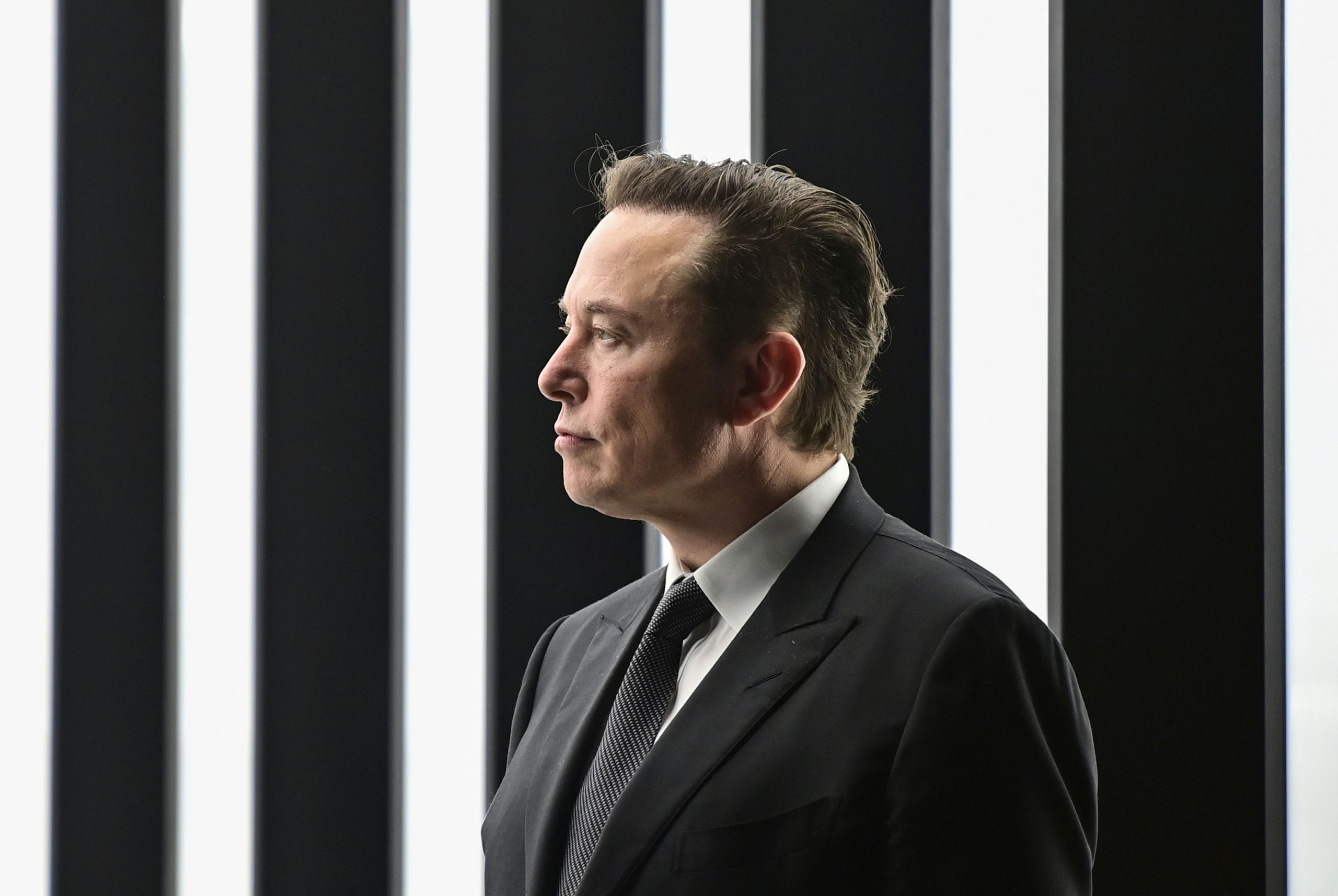Elon Musk gained some breathing room on Thursday when a judge granted his plea to stop a lawsuit against Twitter so that he could complete his proposed $44 billion acquisition of the social media giant by October 28.
How he will pay for it is the key concern at this point.
Musk announced earlier this week that he will purchase Twitter for $54.20 per share, the price that was agreed upon in April. However, Musk added the stipulation that the completion of the acquisition is subject to the availability of loan funding.
Also read: Elon Musk Twitter deal: A timeline of events
Investors are concerned that Musk may sell additional Tesla stock once the company reports its quarterly profits on October 19 after the stock dropped more than 6% on Friday, setting the stage for its worst weekly decline since March 2020.
Musk’s financial plan
For the acquisition, Musk has promised to contribute $46.5 billion in equity and debt funding, covering the transaction’s $44 billion price tag and closing costs. A total of 13 billion dollars in debt financing will be provided by banks, including Morgan Stanley and Bank of America Corp, to back the purchase.
According to experts, banks’ commitments to the deal are strong and constrained, limiting their ability to break the agreement even in the event that they stand to suffer significant losses.
Also read: Did Elon Musk seek a 30% discount on Twitter deal before renewed bid?
On Thursday, Twitter cited one of the banks as alleging that Musk had not informed them of his plans to conclude the deal. Banks were “working cooperatively to fund the close” on or around October 28, according to Musk.
Musk’s $33.5 billion equity pledge would include his $9.6% share in Twitter, which is worth $4 billion, as well as the $7.1 billion he raised from equity investors, including Saudi Prince Alwaleed bin Talal and co-founder of Oracle Corp. Larry Ellison.
To cover the equity finance element of the agreement, Musk will still need to raise a further $22.4 billion in cash.
Musk’s current cash capacity
According to Forbes, 51-year-old Elon Musk has a net worth of $219 billion, making him the richest person in the world, although a sizeable portion of his wealth is dependent on his ownership of Tesla and Space X.
Musk has nearly $20 billion in cash, according to a calculation reported by Reuters, after selling off a portion of his Tesla stock in a number of deals in November and December of last year and in April and August of this year. This indicates that even if the other equity and debt obligations are honoured, he would still need to raise an extra $2 billion to $3 billion.
Also read: Free speech absolutist Musk welcomes Kanye on Twitter after Instagram restricts rapper’s account
The problem of equity shortfall
He has the option of selling out more of either his Tesla or SpaceX stakes. Other options include persuading more investors to contribute equity or borrowing money from banks secured by the equities.
He cannot sell any Tesla stock at this time for the weeks coming up to October 19 if he has not filed a predetermined sales plan in accordance with “Rule 10b5-1,” according to experts.
Professor Eric Talley of Columbia Law School said, “He’s kind of hamstrung. He’s kind of stuck where he is right now until after their earnings are announced.”
Also read: Elon Musk calls Ukraine Starlink outage claims affecting Russia pushback ‘bad reporting’
The newest U-turn by Musk has rekindled questions over whether he will sell more of the electric-vehicle maker’s stock to fund the deal, despite his claim in August that he does not want to sell down his position in Tesla any further.
After Tesla’s 3-for-1 stock split, Musk controlled 465 million shares worth $111 billion, according to Reuters’ calculations. He already has a sizable amount of debt secured by his Tesla investment.
Equity investors
Ellison is one of several investors that have agreed to provide the deal with a total of $7.1 billion in finance. No investors have officially said that they will breach their agreements thus far.
When explaining why he had to sell Tesla stock in August, Musk hinted in a tweet that equity partners might not provide the necessary funding.







